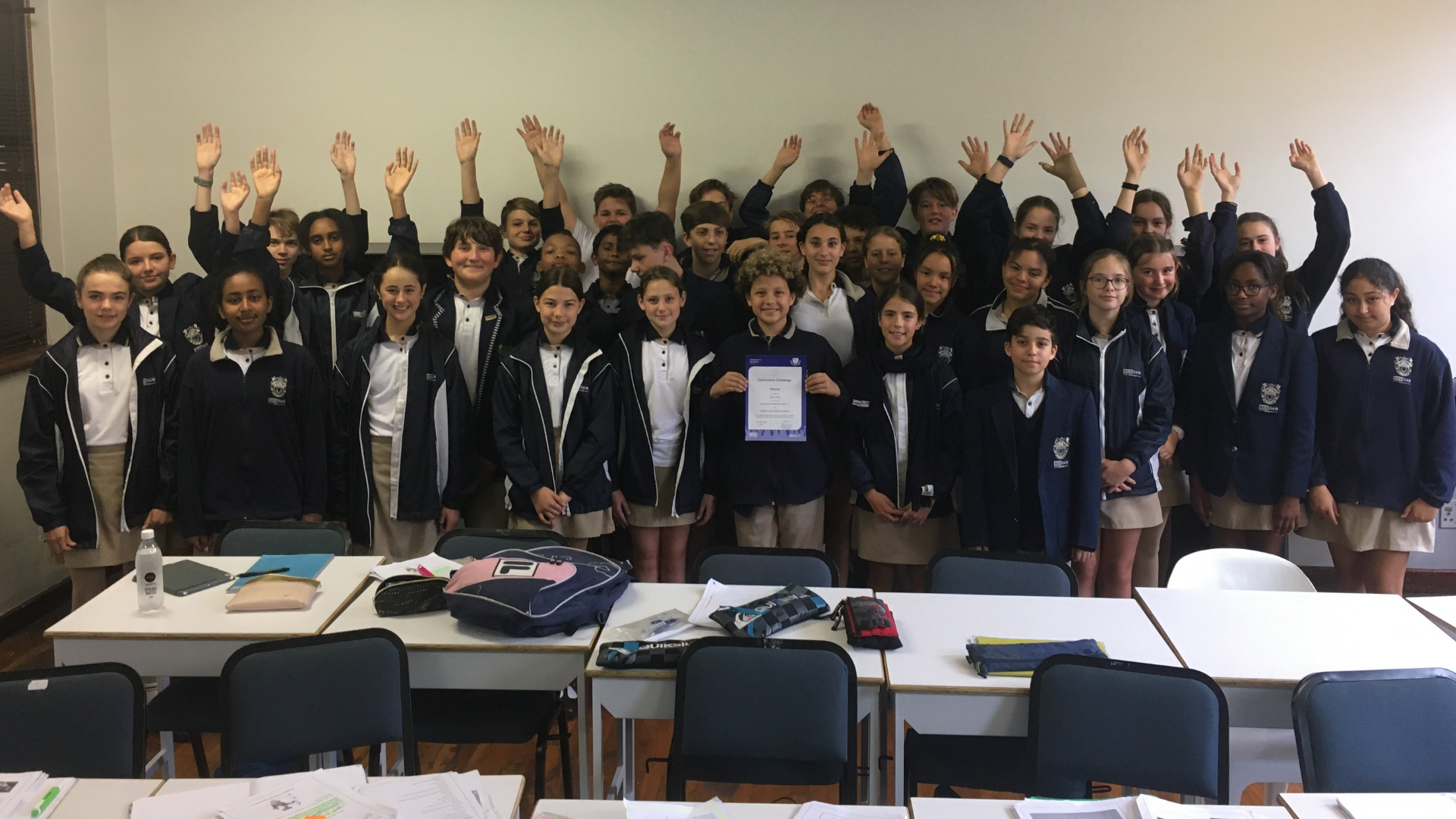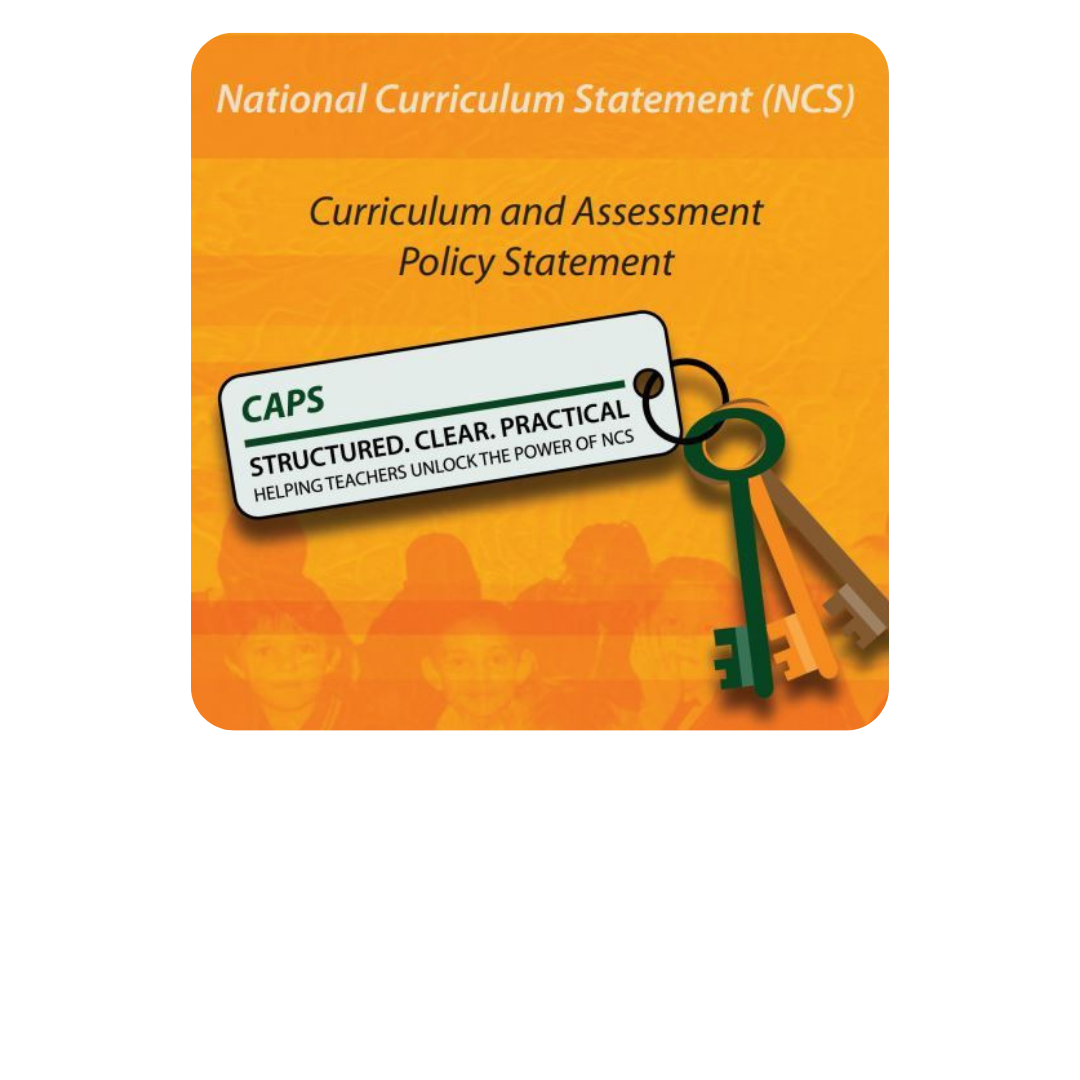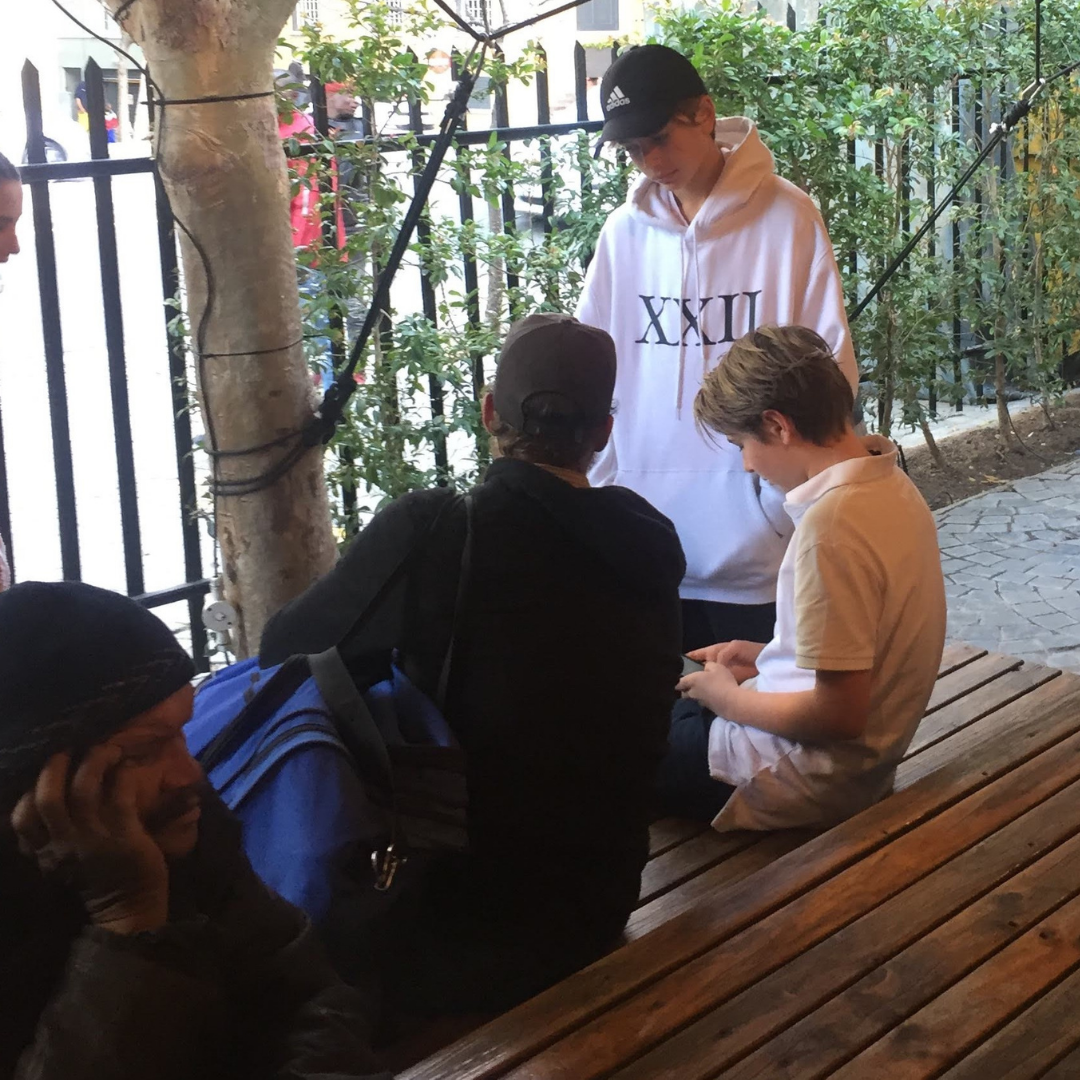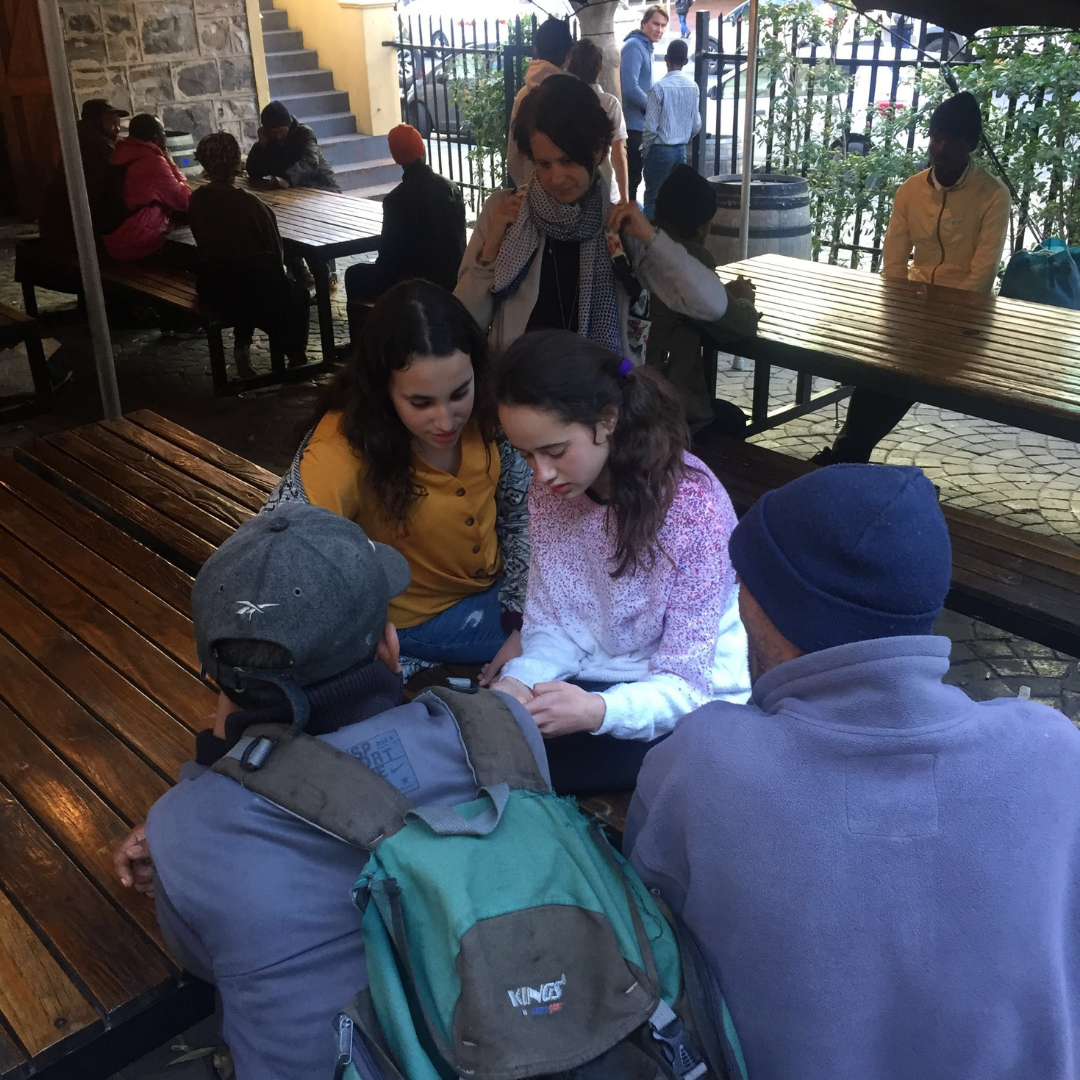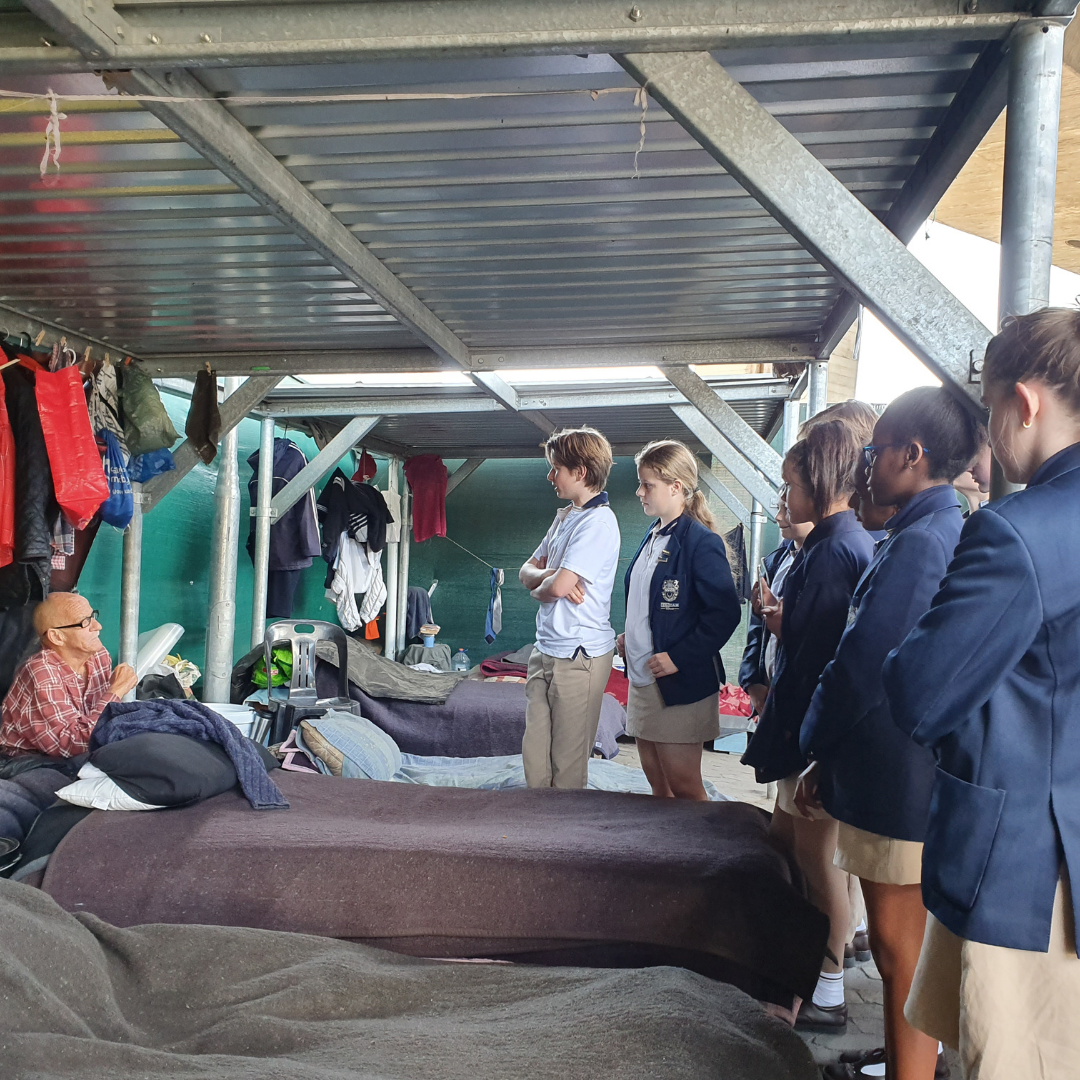Being a good teacher encompasses many different skills and talents. I think though, my overwhelming talent is the ability to sell an idea to students, convincing them to step into the unknown and to believe that they can do what they set out to do.
Impact Learning is looking at opportunities in one’s local community, aligning these with the SDG’s and Curriculum (which is way easier than it sounds) and handing it over to your students while you manage the process of discovery and understanding. The students will do the rest.




